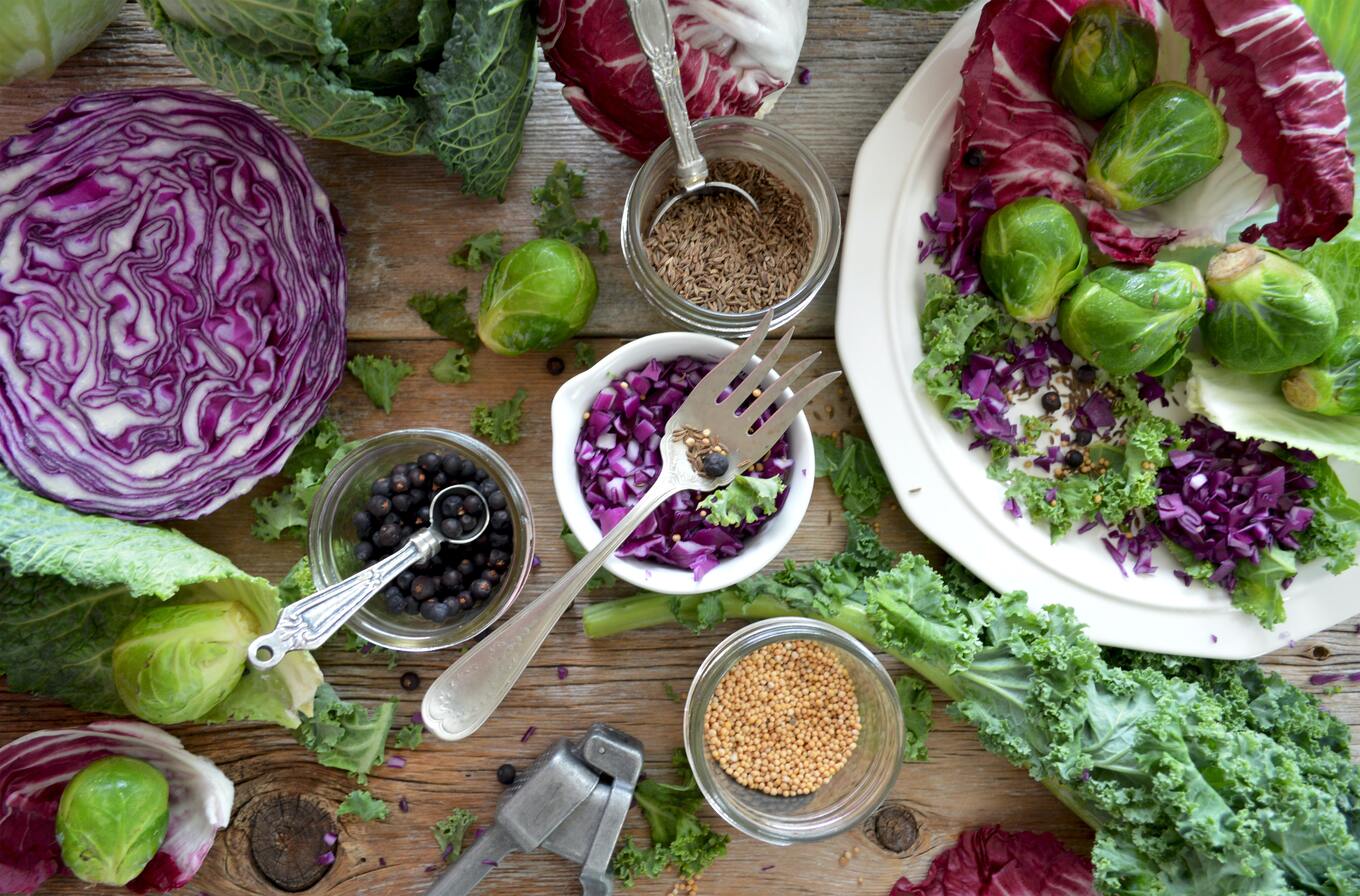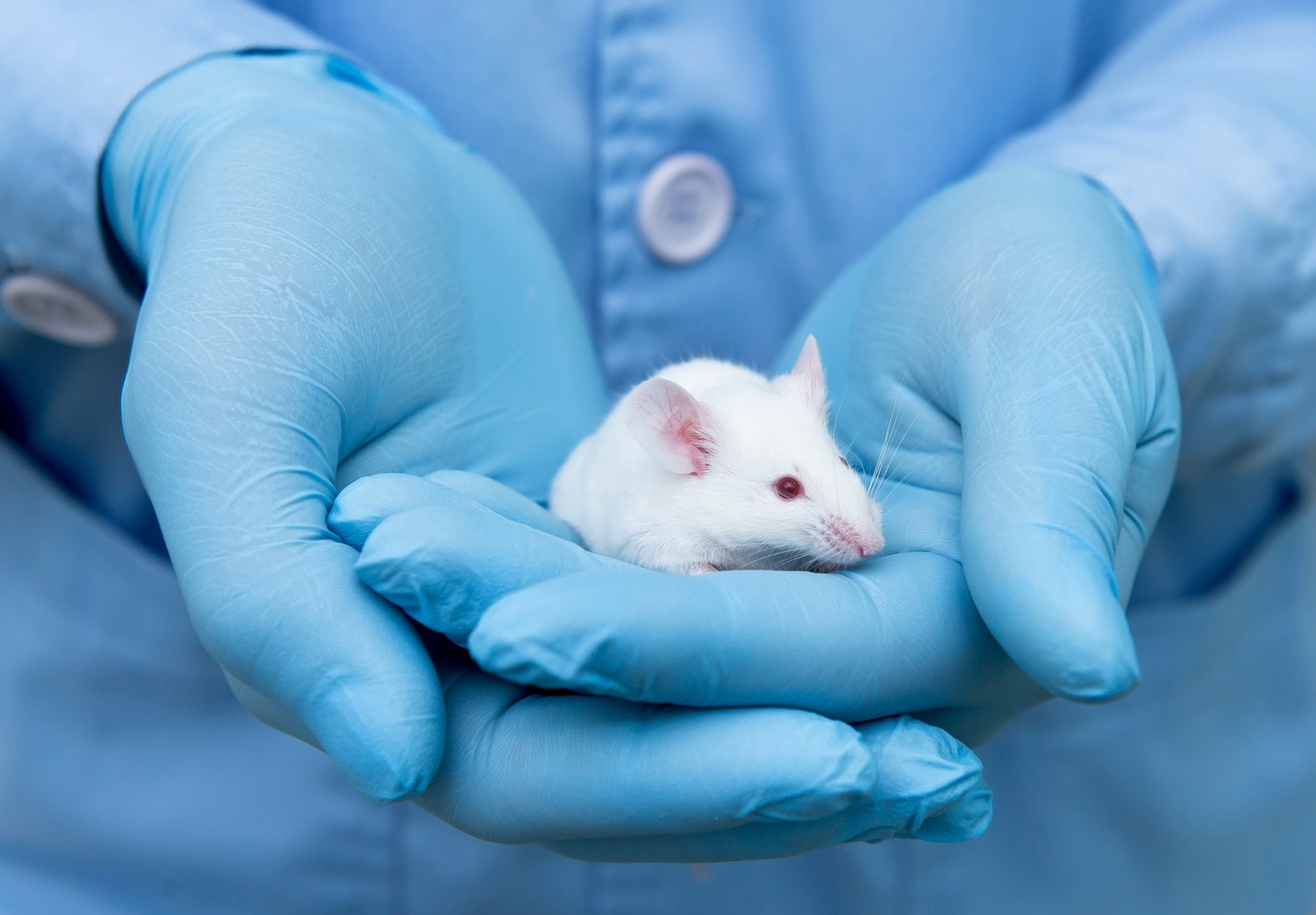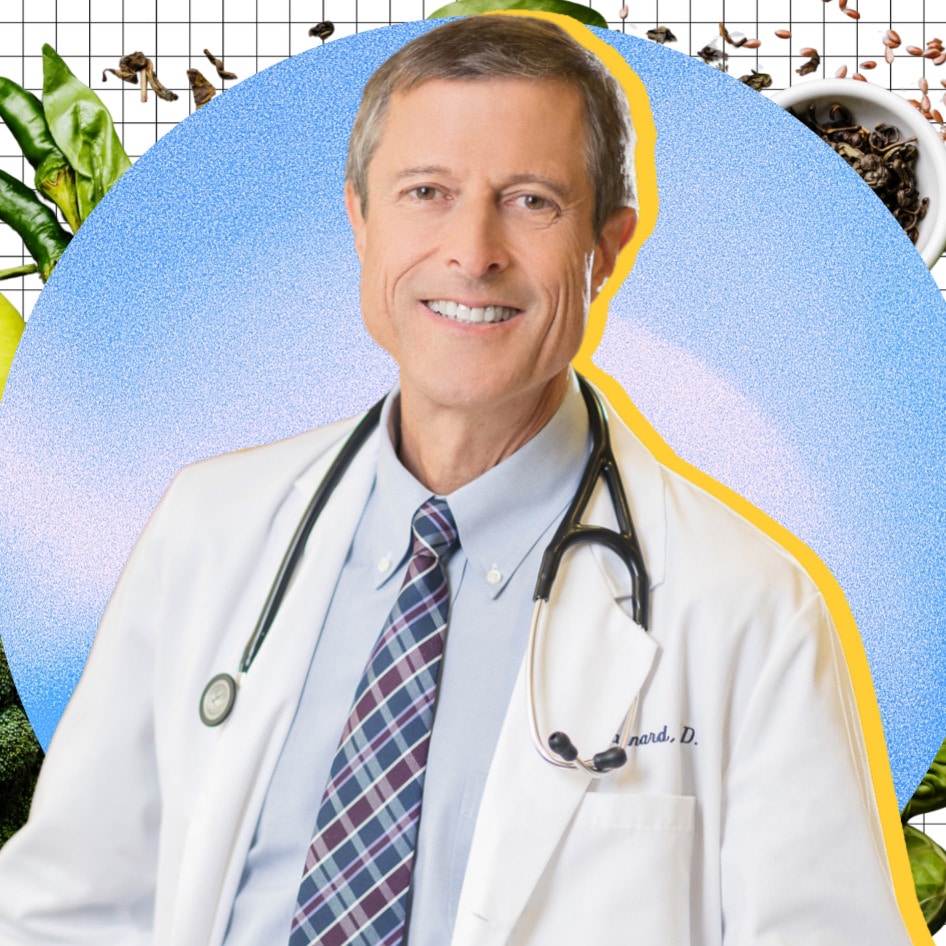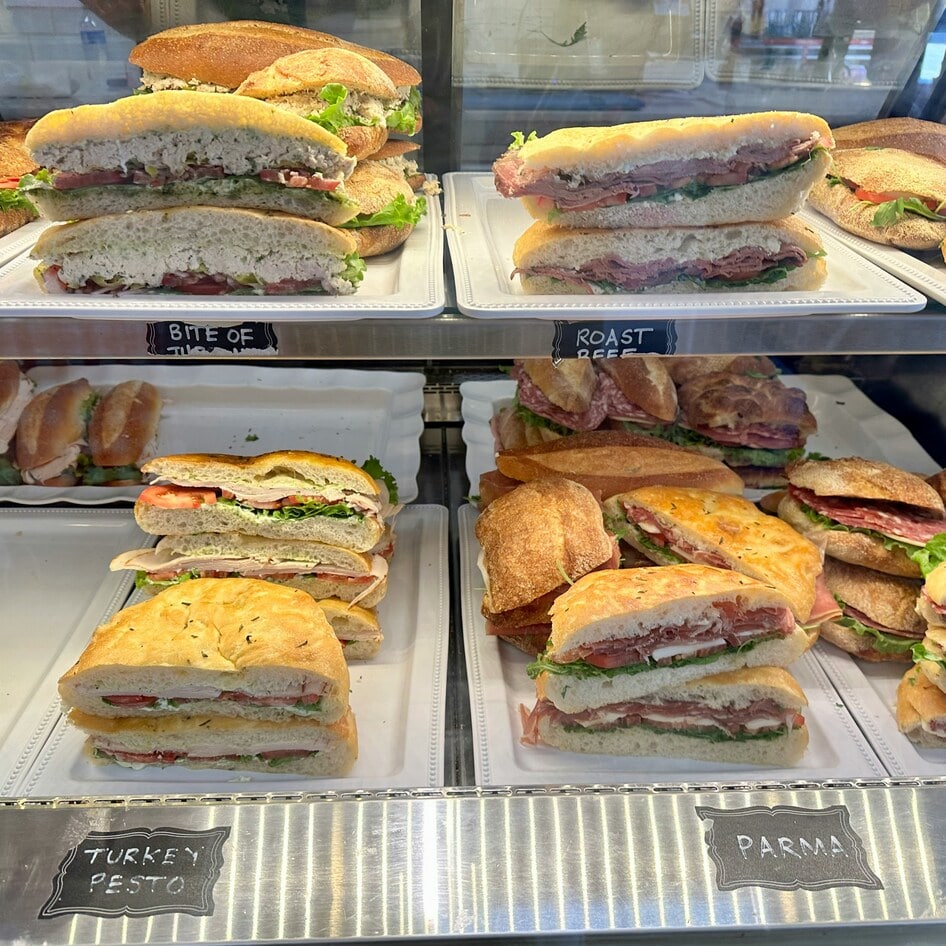The European Parliament has adopted a resolution on combating cancer that calls on the European Union (EU) member states to promote a healthy, plant-based diet and eating less meat to reduce cancer risks. Currently, cancer is Europe’s second-largest killer—next to cardiovascular diseases such as heart attack and stroke—with 1.3 million deaths each year. There are also currently 3.5 million diagnosed cases each year, and that number is projected to increase to more than 4.3 million cases by 2035.
The adopted resolution is part of a comprehensive and coordinated strategy to prevent cancer and follows the launch of the EU’s Beating Cancer Plan in 2021. Among many other measures, the resolution emphasizes increased consumption of plant foods such as fresh fruits and vegetables, whole grains, and legumes instead of meat, ultra-processed products, and products high in sugar, salt, and fat.
EU member states are being urged to help consumers make informed, healthy, and sustainable food choices. This involves adopting a mandatory and harmonized EU nutrition label and making fresh foods such as fruits, vegetables, pulses, legumes, and whole grains more affordable and accessible. The resolution also calls for comprehensive public campaigns about nutrition and for nutrition counseling to be available through the primary healthcare sector.

Meat is linked to cancer
According to the World Health Organization, processed meats such as bacon, ham, and sausage are a Group 1 carcinogenic and red meat such as beef and pork is linked to colorectal, pancreatic, and prostate cancers. Research also shows that animal proteins stimulate the growth hormone IGF-1; the more IGF-1 present in your bloodstream, the higher the risk for cancer development. Research shows that those following a plant-based diet will experience cancer protection due to decreased growth hormone and increased binding protein levels.
A number of studies have linked plant-based foods with lower cancer risk, including a recent study published in the Journal of Urology which found that greater consumption of plant-based foods lowers the risk of prostate cancer in men under the age of 65.
“It is extremely welcome to see the European Parliament acknowledging the risk factors associated with animal products, as well as the protective benefits of eating a more plant-based diet,” Dr. Joanna Swabe, senior director of public affairs for Humane Society International/Europe, said in a statement. “Alongside reducing climate change emissions and sparing animals suffering on factory farms, the human health advantages of eating more plant-based foods present another compelling reason to transition Europe to a more resilient food system.”

No more animals in cancer research
The EU resolution also calls for greater investment in non-animal biomedical test methods to replace animal models in cancer research. Currently, cancer is one of the main research areas that still uses animals in Europe, where nearly one million animals were tortured for experimental research in 2017 (the most recent available statistic). With the resolution, the EU is now recognizing that experiments on animals are unnecessary and often less reliable, and the importance of investing in new, non-animal methods including real-world data, mathematical modeling, artificial intelligence, and digital tools in developing innovative and cost-efficient cancer treatments.
“The EU Beating Cancer initiative has presented an excellent opportunity to promote and seek additional funding for more advanced and human biology-based research approaches, which can potentially overcome the limitations associated with current animal models, and provide opportunities for providing more human data to tackle the dramatic rise in cancer in Europe,” Helder Constantino, director of research policy for HSI’s Research and Toxicology department, said in a statement.
For more on vegan health benefits, read:
Eating Fat From Plants Instead of Meat Drops Stroke Risk
Older Vegans Need 58 Percent Less Medication, New Study Finds
7 Inflammation-Reducing Vegan Foods Groups
JUMP TO ... Latest News | Recipes | Guides | Health | Subscribe









